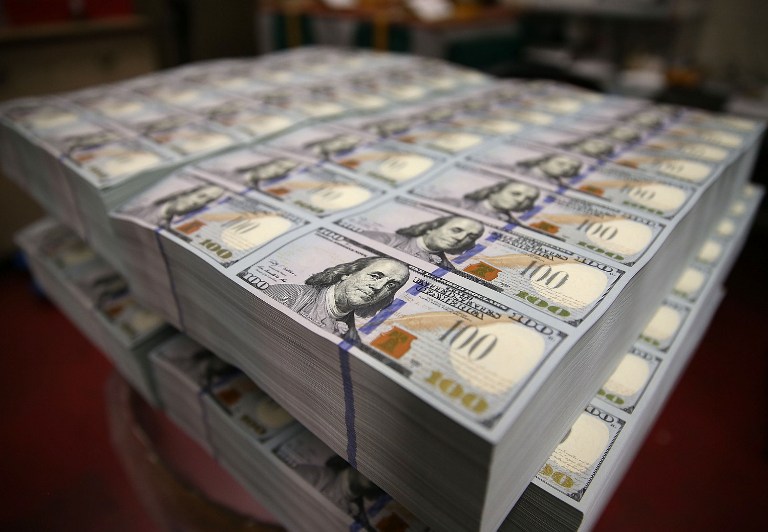Economy
External Reserves Drop to 11-Year Low of $28.1bn

The nation’s external reserves fell to $28.1bn on January 28, the lowest level since 2005, data from the Central Bank of Nigeria showed on Friday.
The foreign exchange reserves had stood at $29.13bn a month ago, the data showed.
On December 31, 2015, the reserves closed at $29.070bn, reflecting a decline of 15.79 per cent year-on-year from $34.52bn a year ago.
During the first 11 days of this year, the foreign reserves fell by $288m, and stood at $28.782bn on January 11.
It had recorded $28.895bn on January 8 and $28.931bn on January 7, the CBN statistics showed.
The stoppage of foreign exchange sale to Bureau De Change operators has failed to prevent massive decline of the nation’s foreign reserves, which dropped by $108m three days after the move by the CBN.
The rate at which the reserves fell in the three days after the ban was more than what was recorded between December 31, 2015 and January 11, 2016, the CBN data showed.
The CBN had claimed that with the continued depletion of the foreign reserves, providing forex to the BDCs was no longer sustainable.
The CBN Governor, Mr. Godwin Emefiele, said between July 2014 and January this year, the country’s external reserves had suffered a great pressure from speculative attacks, round-tripping and front-loading activities by players in the foreign exchange market.
These, he noted, had led to a decline in the reserves from $37.3bn in June 2014 to $28bn currently.
There have been several calls for flexibility in the foreign exchange policies of the CBN as businesses continue to suffer from the restrictive policies of the central bank.
The Managing Director, International Monetary Fund, Christine Lagarde, had in a meeting with President Muhammadu Buhari earlier this month stressed the need for flexibility with monetary policies in order not to deplete the reserves.
She said, “We believe that with very clear primary ambition to support the poorer people of Nigeria, there could be added flexibility in the monetary policy, particularly if as we think the price of oil is likely to be low for longer (period).
“The occurrences should not deplete the reserves of the country, simply because of being seemingly rigid. I’m not suggesting that rigidity be totally removed, but some form of flexibility would help.”
Lagarde also said, “A nation’s foreign reserves are usually an indication of the health of its international trade, with import-dependent countries often disadvantaged in their current account balance as a result of forex expenditure outstripping income.